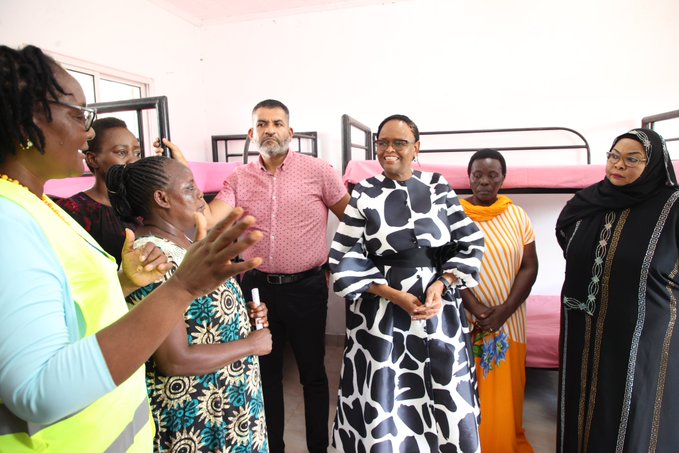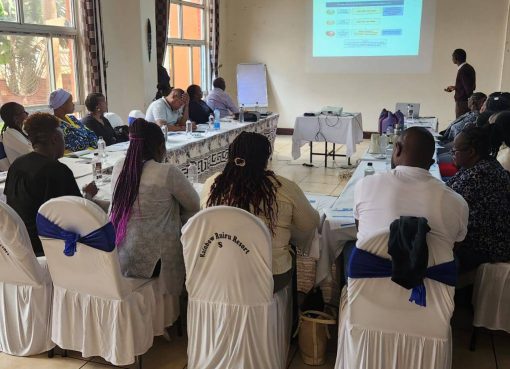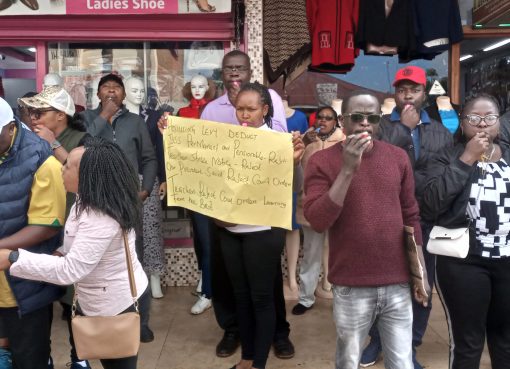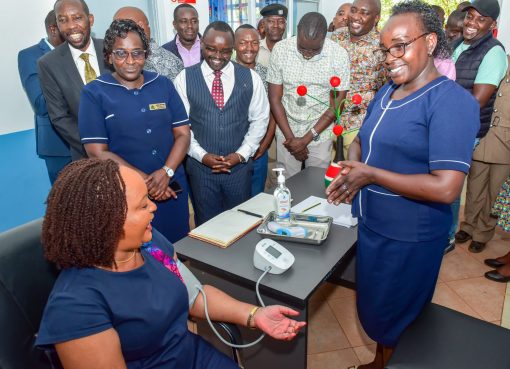Mombasa County has launched a Gender Based Violence Rescue Centre to serve as a home for the victims of sexual and domestic abuse.
The Maunguja Resource and Gender Based Violence Centre will incorporate all the victims of sexual and gender based abuse in the county as they find their way in pursuit of justice.
County statistics reveal that a total of 5,350 registered cases of physical and emotional violence and 866 cases of sexual violence have been recorded with many more going unreported due to stigma and societal pressure.
Speaking during the launch, Chief Justice Martha Koome said that the centre signals the collective responsibility approach between the various arms of government to deliver justice to the people.
Koome said in support of the initiative the Judiciary will work to ensure that a legal aid centre is established within the resource centre to empower the victims of their rights.
“The Centre is a symbol of the steadfast commitment to uphold the rights and dignity of every individual in our society. It represents a collective vow to leave no one stone unturned in the quest to eradicate violence and discrimination from the heart of our communities,” said Koome.
She said the Centre will offer comprehensive support to survivors providing them with the crucial services they require to reclaim their lives and their future.
She added that legal aid, counseling services and empowerment programmes that form the cornerstone of the initiative will offer more than immediate relief to victims and also equip them with the tools they need to rebuild their lives and become active resilient members of the society.
The CJ noted that for long the society has not done enough to protect women and children who face the threat or are victims of Sexual and Gender Based Violence (SGBV).
She appreciated the establishment of the centre saying it will provide a home and a refuge to vulnerable women and girls who are often forced to stay with their violators given that in most cases they do not have alternative places to run to.
“Survivors of GBV are all around us, they are our loved ones, if you can’t identify one girl or woman you know who has been a victim of SGBV, then it’s probably the case that no woman has ever trusted you enough to share this with you,” Koome said.
“This is so as sexual and gender based violence is part of the landscape that women and children grow up in and live with in our society,” she said and asked every Kenyan to fold their sleeves and join the fight to get rid of SGBV in the community and protect the victims of the “silent epidemic”.
She also discouraged the behavior where victims and not the perpetrators are often blamed for incidents of SGBV, thus asking for joint concerted efforts to combat such a deep rooted ideology that is caused by prevailing cultural ideologies, norms, values and beliefs in the society.
Koome said the battle against GVB is not one that can be won in isolation adding that the judiciary has offered its support in the fight by launching the Judiciary’s Sexual and Gender Based Violence Court Strategy through which they are working towards establishing specialized trauma –informed SGBV courts.
“These specialized courts are designed with the understanding and sensitivity required to address the unique challenges faced by survivors of gender-based violence, ensuring that they feel heard, respected and protected during their pursuit of justice,” she said.
The CJ said the inauguration of the SGBV centre is a testament to the commitment to the pursuit of justice by all those involved in the efforts towards making the project a reality.
Mombasa Governor Abulswamad Nassir said that his administration will offer unwavering commitment to eradicate gender-based violence. Nassir raised the alarm on the rising cases of GBV, particularly physical and emotional violence among Mombasa’s young men.
He said the year 2022 to 2023 the county witnessed over 2,000 cases of abuse among adolescent boys and men underscoring the urgent need for collective action and awareness.
“Our mission is to create a society here in Mombasa where every individual regardless of the color of their skin, their religious beliefs or their socio-economic status, can live a meaningful life free from fear and oppression,” he said.
By Chari Suche





